The competition between news-led podcasts is nearing boiling point. If you tuned in to The Media Show on Radio 4 last Wednesday, you’d have felt the tension between the podcasters leading the guard: Alastair Campbell of The Rest Is Politics, Jon Sopel of The News Agents, plus his executive producer, Dino Sofos, Nosheen Iqbal of the Guardian’s Today in Focus, and Adam Boulton, who has just launched a politics show with Kate McCann on Times Radio.
Already a subscriber? Log in
Subscribe for just $2 a week
Try a month of The Spectator Australia absolutely free and without commitment. Not only that but – if you choose to continue – you’ll pay just $2 a week for your first year.
- Unlimited access to spectator.com.au and app
- The weekly edition on the Spectator Australia app
- Spectator podcasts and newsletters
- Full access to spectator.co.uk
Or
Unlock this article
You might disagree with half of it, but you’ll enjoy reading all of it. Try your first month for free, then just $2 a week for the remainder of your first year.

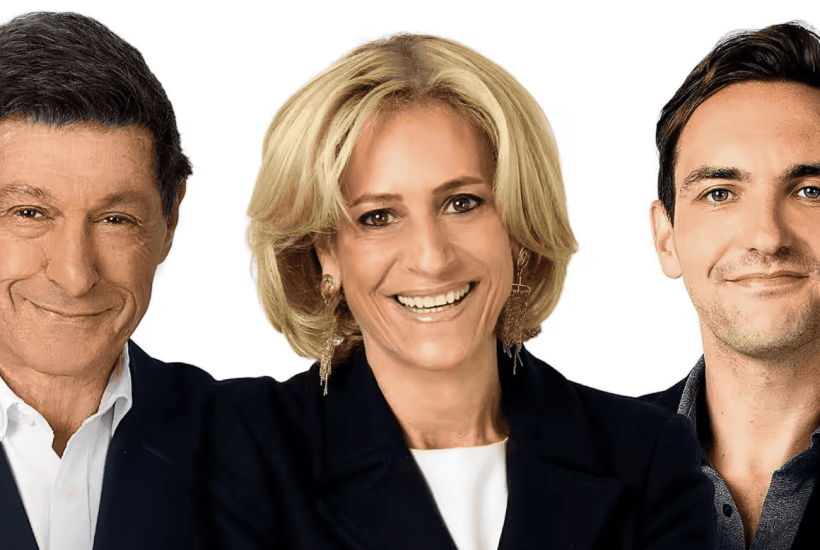

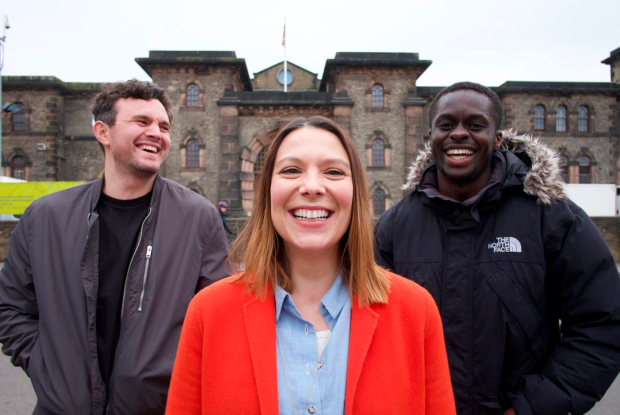
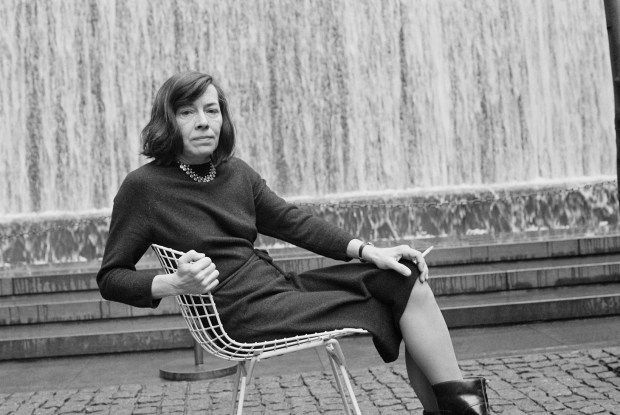
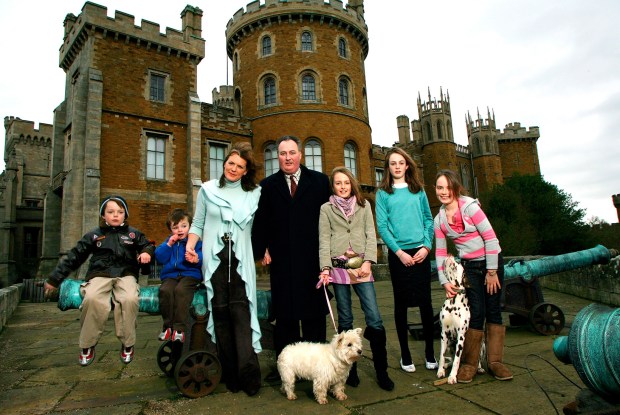
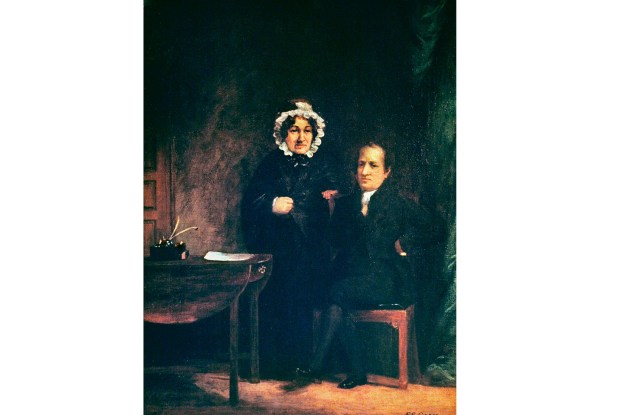







Comments
Don't miss out
Join the conversation with other Spectator Australia readers. Subscribe to leave a comment.
SUBSCRIBEAlready a subscriber? Log in